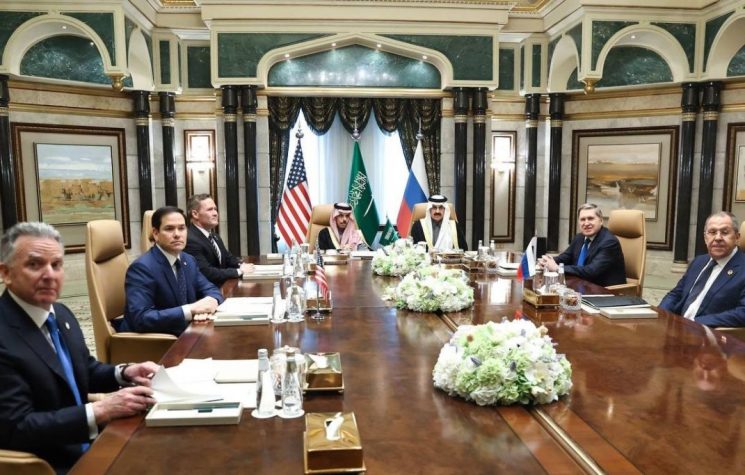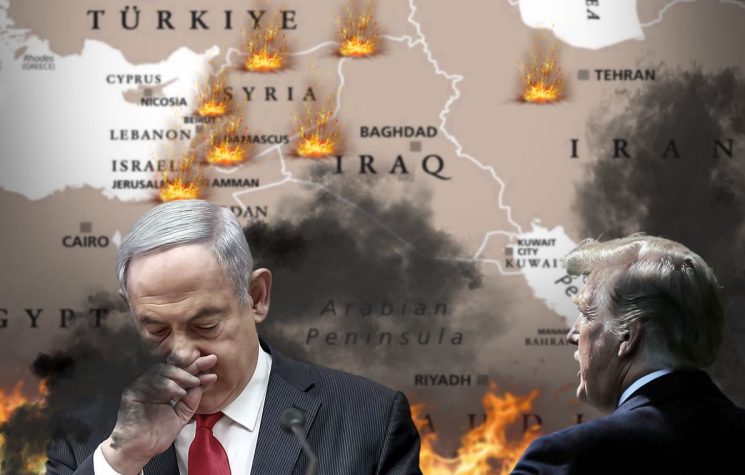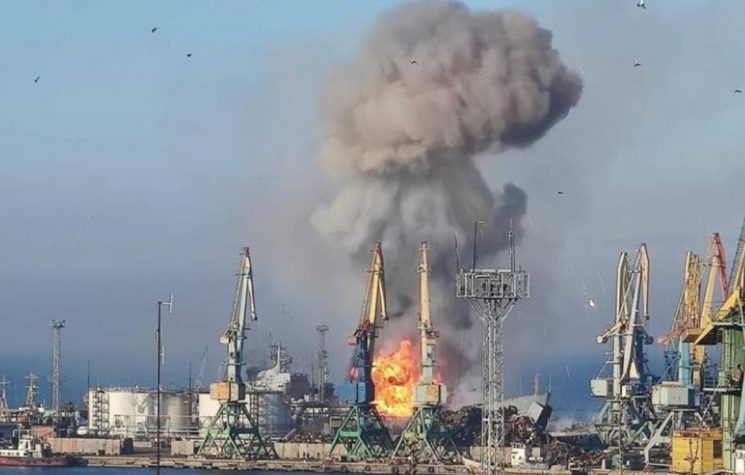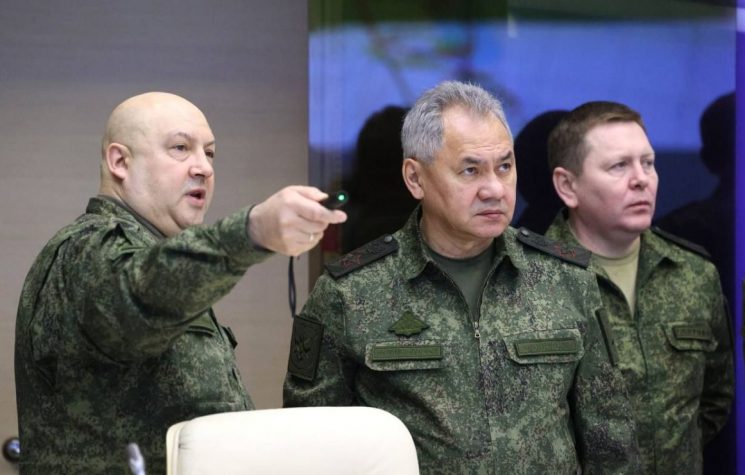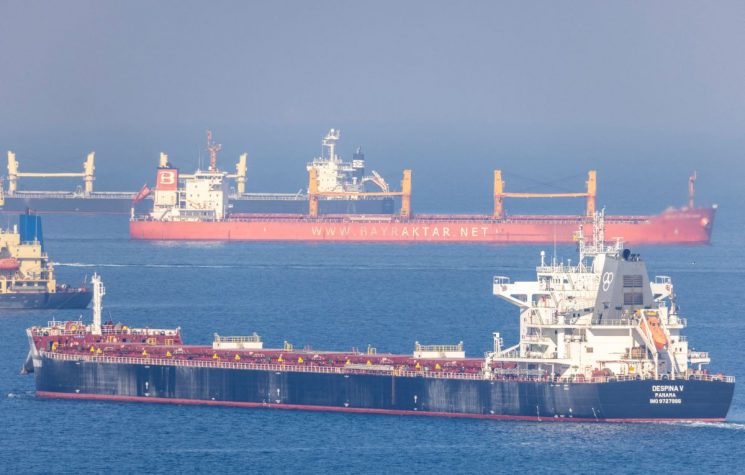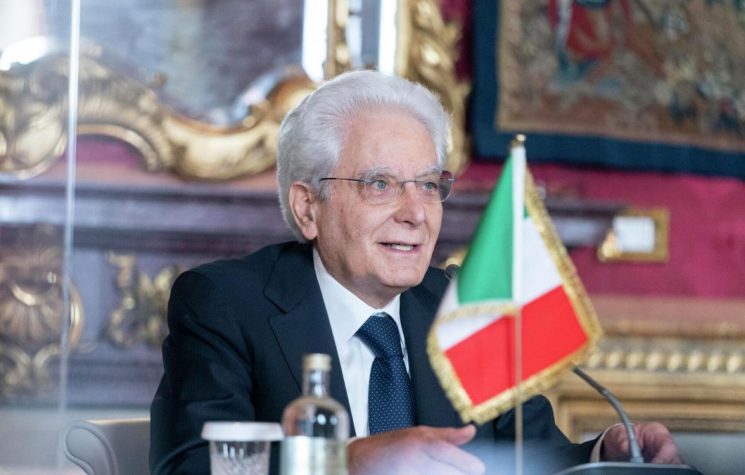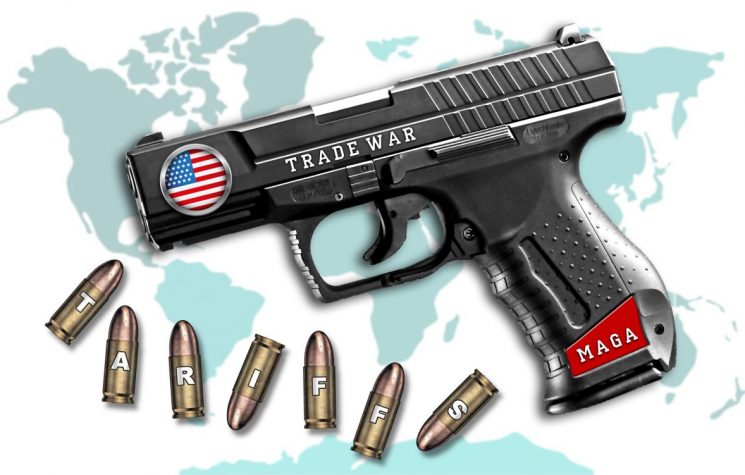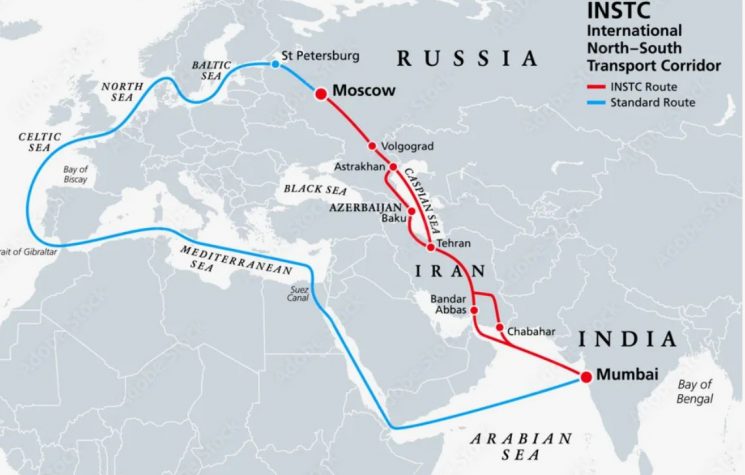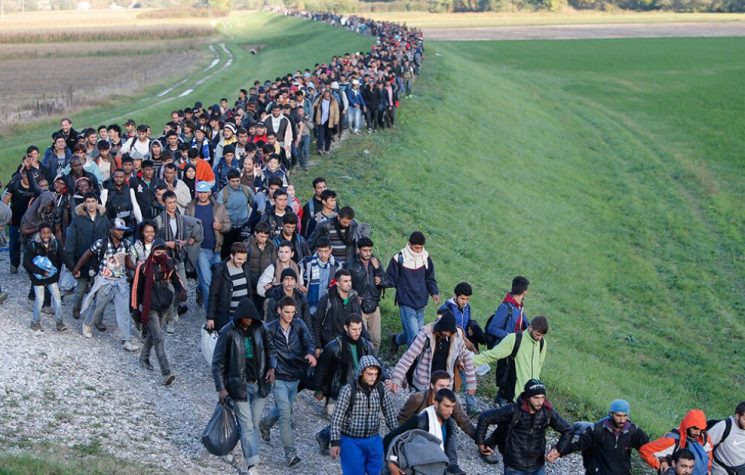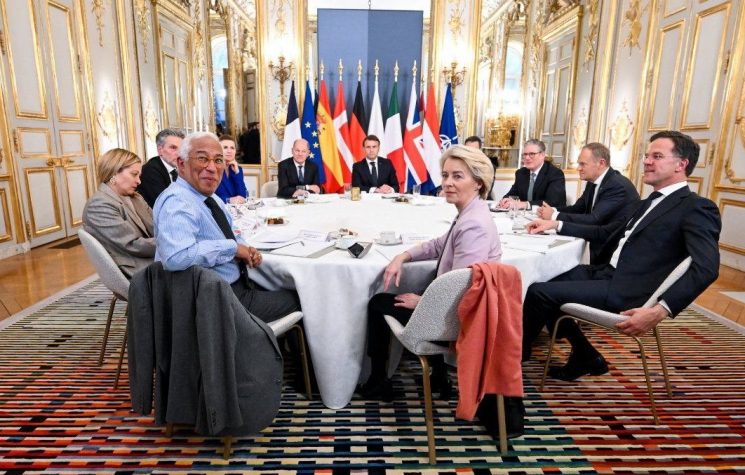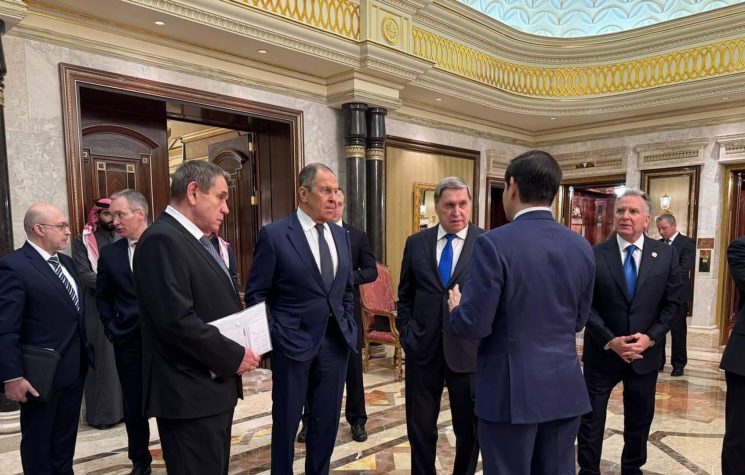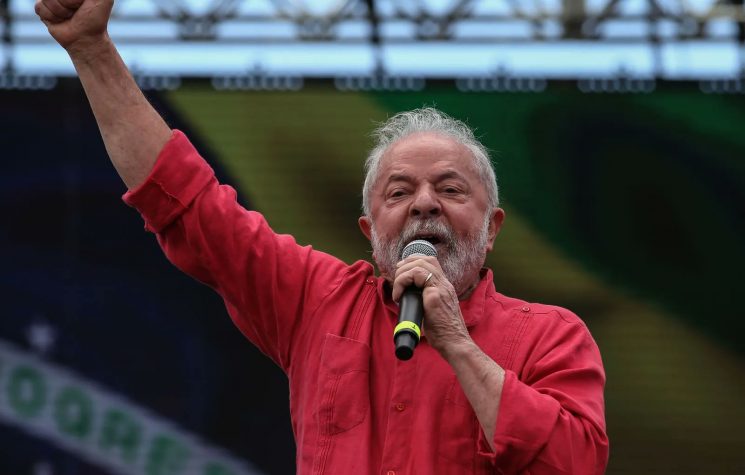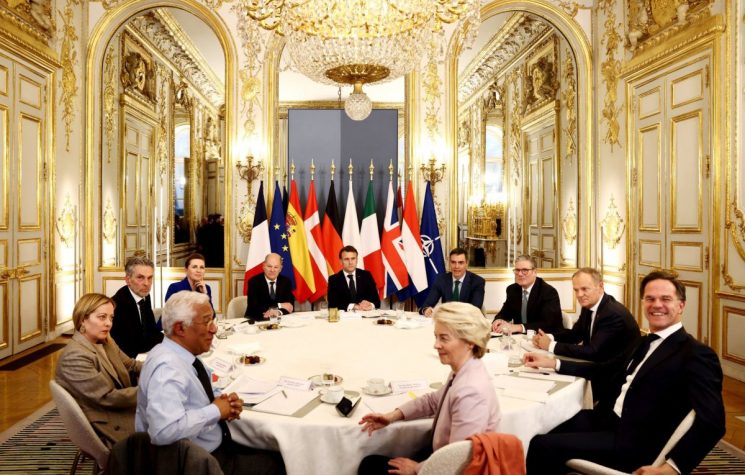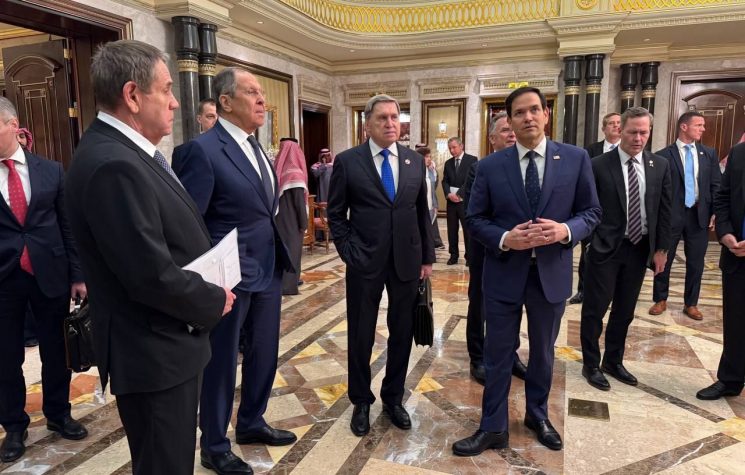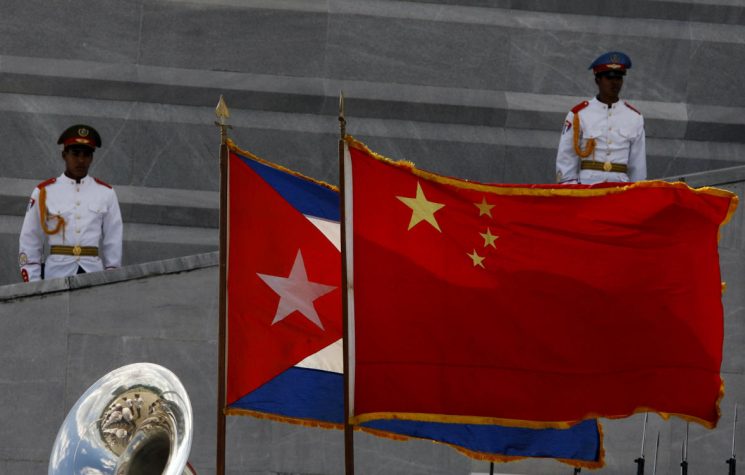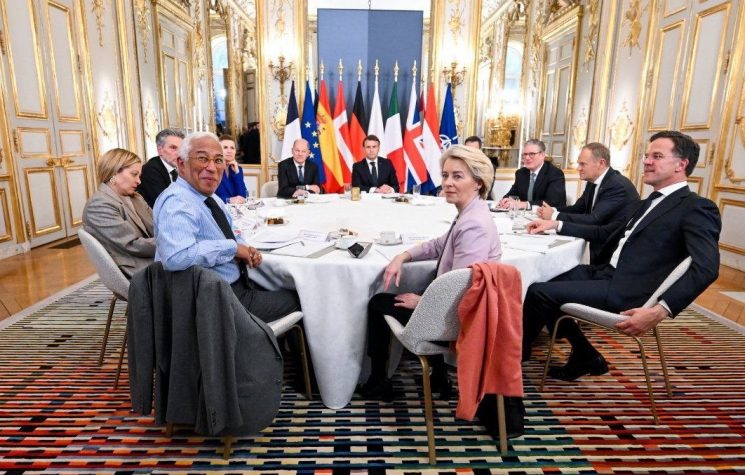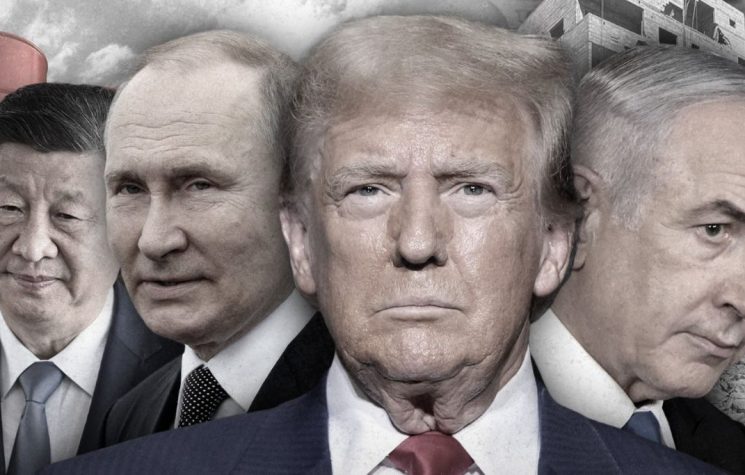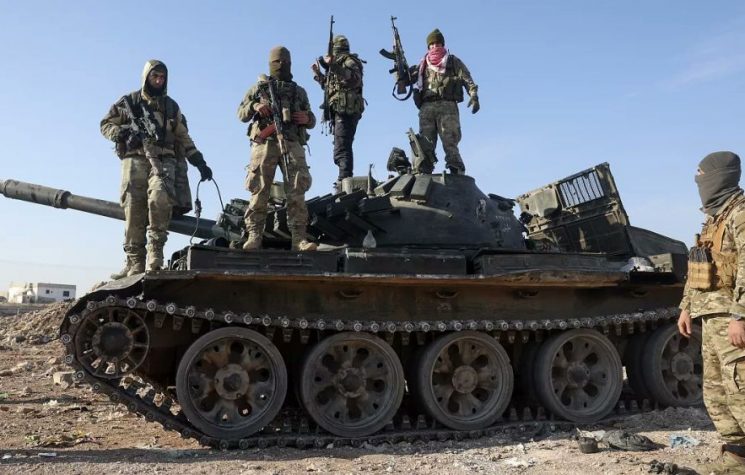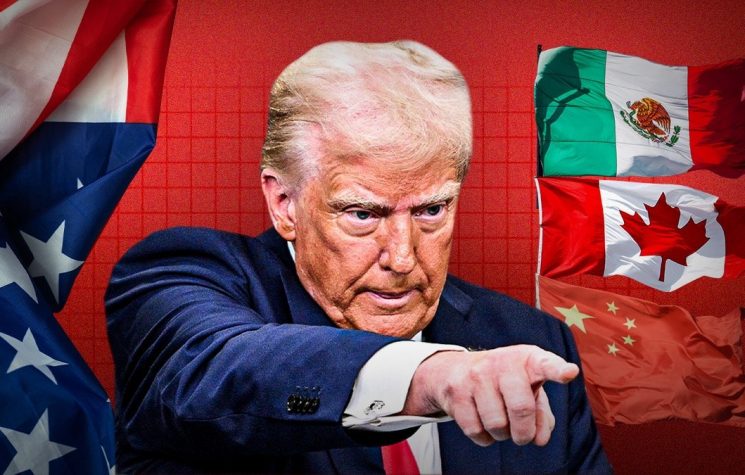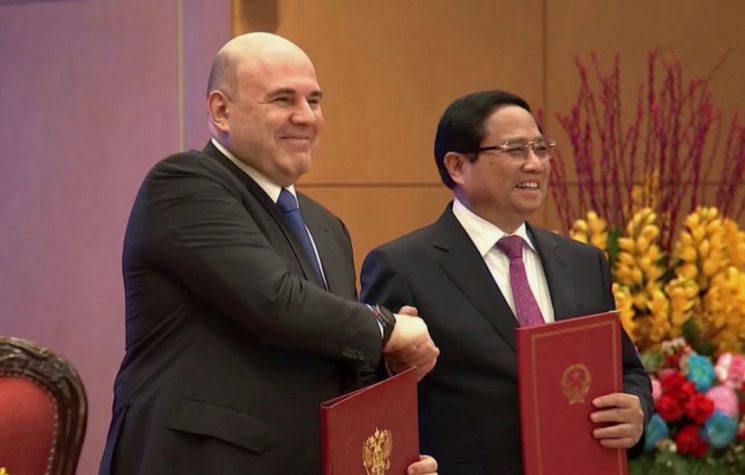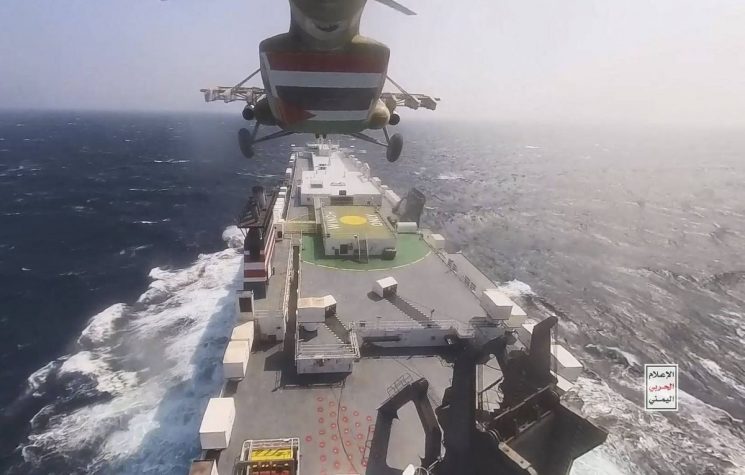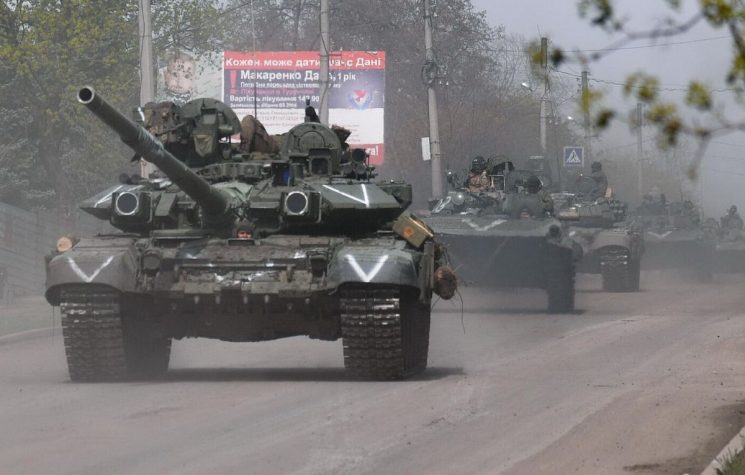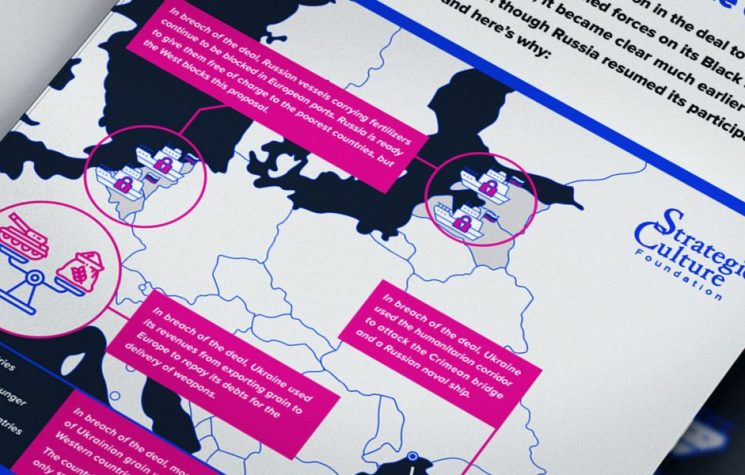The panic about African countries being starved of wheat seems to have been unjust and perhaps even fake news.
There was much anticipation about getting wheat sent from the Black Sea to Africa to prevent famines. So why haven’t African governments sent ships there?
Just recently Recep Erdogan of Turkey succeeded in bringing both Russia and the West to the negotiating table over wheat. Since virtually the beginning of Russian invasion in February of this year, the ports which normally export wheat to most of the world, have been blocked. Notably, Odessa port was entirely buffered by mines rendering it impossible for ships to enter nor leave.
Remarkably, a deal was struck very quickly after a number of heavyweights in the Middle East and North Africa reached out to Putin, pointing out that if wheat cannot reach many of these countries, there would be real consequences; food insecurity in many of these countries can quickly flare into political insurrection, terror groups forming and of course heightening numbers of migrants heading for the EU.
And so with some relief on August 1st, the first ship left the port of Odessa laden with wheat. Yet in the days that have followed, some analysts have been quick to notice that the panic about African countries being starved of wheat seems to have been unjust and perhaps even fake news – part of a ruse by the PR machine which also stirs up fear with an objective of helping President Zelensky in Ukraine.
Looking at the ships which are lining up in Odessa and their destinations – Ireland, France and the UK – it’s hard not to agree with this prognosis. Where are the ships going to MENA region countries (perhaps Egypt, Sudan, Algeria or Tunisia) or even sub-Saharan Africa? Was it part of the unwritten deal brokered by Turkey that western countries would get the first deliveries? Or is there something more sinister at play and that the fearmongering about famines or uprisings was actually sexed up?
The Russians for their part seem a little dumbfounded, given that they have little to benefit from the deal and much to lose if the warnings from the West were founded. It would have only benefited Zelensky if turmoil and calamity had broken out in these countries as he could have easily waved the finger at Putin and a servile western press pack would have dutifully knocked out the cliched headlines.
The Russian leader, for his part, actually did the West a favour. Since August 1st, we have seen no reports whatsoever of Russian grain leaving any one of the seven Black Sea ports – which actually was part of the deal along with agricultural equipment. The worry from the Russians was that traditional deals would not continue as some countries would cross a line and move to Ukraine as their supplier.
In the event, a third scenario has played out which is none of the countries, except Lebanon, has actually put in any orders with either Ukraine nor Russia.
But it may not be because the needs of MENA and African countries were overplayed. There are at least two other factors to consider.
Firstly, in recent days we have seen numerous reports of international shipping lines who have gone on the record and stated that they don’t want to risk their vessels docking in Odessa. Presumably this has an impact on the prices that the remaining groups charge which, in turn, may have made some African governments pause for thought as what to do. Presently, during this period, there may be a certain amount of haggling going on which explains why African countries aren’t sending ships to the Black Sea.
A second scenario is that many of these countries have taken too literally a threat by the U.S. Ambassador to the UN who, when recently in Ghana, made it very clear that African nations who buy oil from Russia will face consequences. This perfidious, somewhat frenzied policy of the U.S., delivered by Linda Thomas-Greenfield, smacks of colonial paternalism. But was it over kill? Did the Africans see it as a veiled warning “just don’t buy anything from Russia”. If it was misinterpreted or seen in a different light, then African governments who might have placed order for wheat from Russia might well pause for thought. Is the story we’re being presented with not so much “African countries are not buying grain from Odessa” but more “African countries have pulled out of grain deals with Russia”.
In either case, the policy of America is foolhardy and may well lead to some African countries blocking shipments of precious metals used by U.S. mobile phone makers, as just one example. It’s not that Africa doesn’t have any cards to play with such threats which are anachronistic at best, given that America is no longer a unipolar player in the world.
And yet there is a third reason why these countries aren’t placing orders for wheat from the Black Sea: media.
Is it that biased and entirely partisan reporting by sloppy journalists are leaving out minor but important details to this whole story? Has western MSM decided to not report on all of the details and left us with a jigsaw puzzle with a lot of the pieces missing – and prefers it that way until it can get its head around the wheat story before offering us a new version? Time is really the only way of telling. In the coming weeks, we may well see orders coming in from Africa and even ships leaving Russian ports. But whatever scenario comes through, there will still be the question as to whether we have all been duped into buying the African famine story over wheat. Many will no doubt say, if this “threat” was not really as prolific as it was presented, then what other stories haven similarly been served up?












